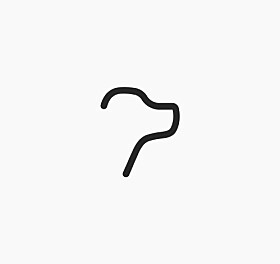THE LATEST
-
Douce brothers establish scholarship to support career and technical education in Wayne County
-
Reset season: 26 resolutions for 2026
-
Wayne County women invited to apply for AAUW scholarships
-
Main Street Wooster announces two new annual awards
-
Fiery Godmother Dress Sale returns Jan. 10 in Wooster
-
Habitat for Humanity in Wayne County launches aluminum recycling program
-
Northwestern Ruritan Club installs 2026 officers
-
Goodwill highlights real stories behind every donation
-
Zion Lutheran Church to offer free after-school music program for K-5 students
-
College of Wooster’s Miller earns Academic All-America honor
LOCAL

News

News

Government

News

Government

Government (used to be Court)

Health
SPORTS

Article from feed

Article from feed

Article from feed

Article from feed

Article from feed
COMMUNITY SPOTLIGHT

Features

Features

Arts/Entertainment

Arts/Entertainment

Community

Community
COLUMNISTS
-

Community generosity shines across Wooster City Schools
-

The accidental glow up of a well-beyond middle-aged man
-

Healthy habits to help fight winter blues
-

Christmas thoughts and a sports wish list
-

Grandpa spins yarns. “Hard times” leave lasting impression
-

Debunking holiday food myths and fears
-

Review biosecurity plans and train staff often
-

Elf shelf failure may have cost him his stocking stuff
-

What you need to know about charitable organizations
-

Enjoy it, Indiana — but don’t count out Ohio State
LIFE AND LEARNING

Article from feed
Education (Wooster)

Article from feed
Education (Wooster)

Article from feed
Church (Wooster)

Article from feed
Club (Wooster)

Article from feed
Club (Wooster)

Article from feed
Community (Wooster)
OBITUARIES
see more

Article from feed
Obits (Wooster)

Article from feed
Obits (Wooster)

Article from feed
Obits (Wooster)

Article from feed
Obits (Wooster)

Article from feed
Obits (Wooster)

Article from feed
Obits (Wooster)
BUSINESS

Article from feed

Article from feed







